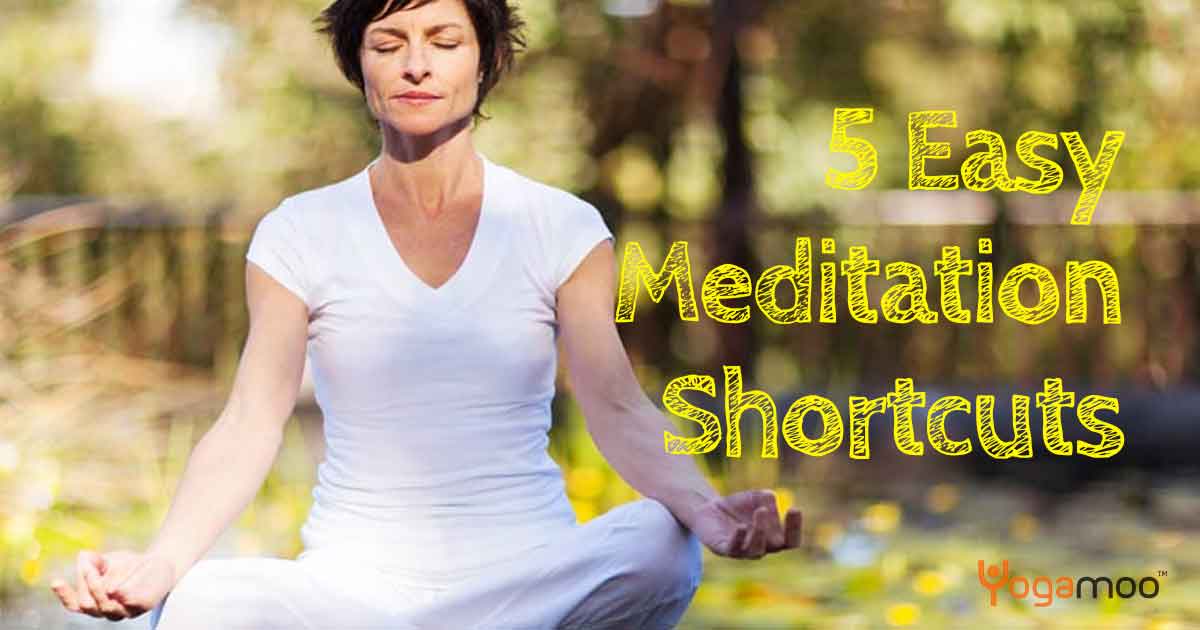It’s not easy to learn meditation. Just as with any other new skill, you have to be patient with your progress and you need to practice diligently. Here are some important things you should know when you practice.
You are not your mind
Meditation is a valuable tool. It could very well be the most important skill you will ever learn. Meditation teaches you to watch your thoughts, your reactions and your reactions to your reactions. It makes you detach from your mind and your body. You become the watcher. You become more peaceful, you learn to be open to the present moment. Meditation increases your memory and concentration.
What is meditation?
You sit with your back straight in any comfortable sitting pose. Your shoulders and your face muscles should be relaxed. Try to remain completely still throughout your practice. You breathe deeply to your belly and watch your breath. Everytime your mind wonders off, you come back to the breath. Immediately and with a gentle attitude.
That is meditation in a few words, but only practice will teach you how wonderful and incredibly important it is. You will learn to live in the present moment more through practicing meditation. What could be better than that?
After a while you start seeing your thought patterns: which thought arises frequently, what leads to where and which thoughts give rise to certain feelings and physical phemonemons. Then you can start changing your thought patterns, you can take control over your mind and over your life.
1. Stretch before sitting
Simple neck and shoulder rolls, hip openers and perhaps the cat-cow just to open the body. Tai chi would be great to do, because it has a lot of chest openers and it makes you focus on your breathing while you move.
2. Acceptance
The key to learning meditation is to accept that the practice might not be great. There isn’t a “good” or a “bad” practice, there is just practice. If your mind wonders off, you accept it and come back to the breath. Accepting any disturbing sounds or uncomfortable feelings as part of the practice takes you deeper. Embrace any experience without clinging to it.
2. Letting go
Letting go of any pleasant or unpleasant feelings. Letting go of any memories that might make your body react, letting go of ideas and plans. Constantly letting go of anything that arises. Why? Because it will take you deeper. It will take you beyond the ego.
3. Stillness
Stay completely still when you sit. If it’s really necessary adjust your posture with awareness and as little movement as possible. When the body is still, so is the mind.
4. Gratitude
Be grateful when you start and when you finish your meditation. Be thankful that you have taken this time to practice mindfulness. Gratitude is one big magic trick. Practice it and watch the world around you change!
5. Ahimsa
The root of yoga is gentleness. Practice kindness when you meditate. It’s completely normal to have unpleasant feelings, memories or thoughts coming up. This way you are actually cleaning your karma. You are purifying yourself when you let whatever sensations come. Be gentle towards yourself, and let them go.
Trying to push away any unpleasant feelings will just make you agitated. Accept your practice as it is. When you learn this gentle attitude, it will be a part of your yoga practice too and all the impossible asanas soon become possible.
Gentle breathing also makes your mind gentle.
“The Way to do is to be.”
― Lao Tzu

Leave A Comment